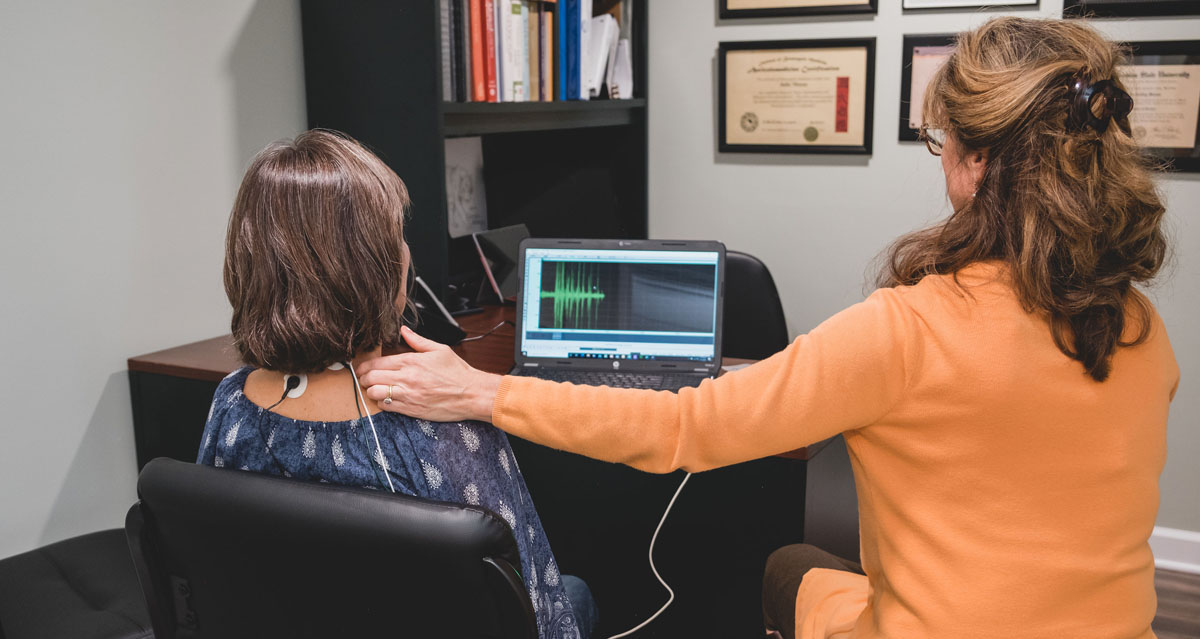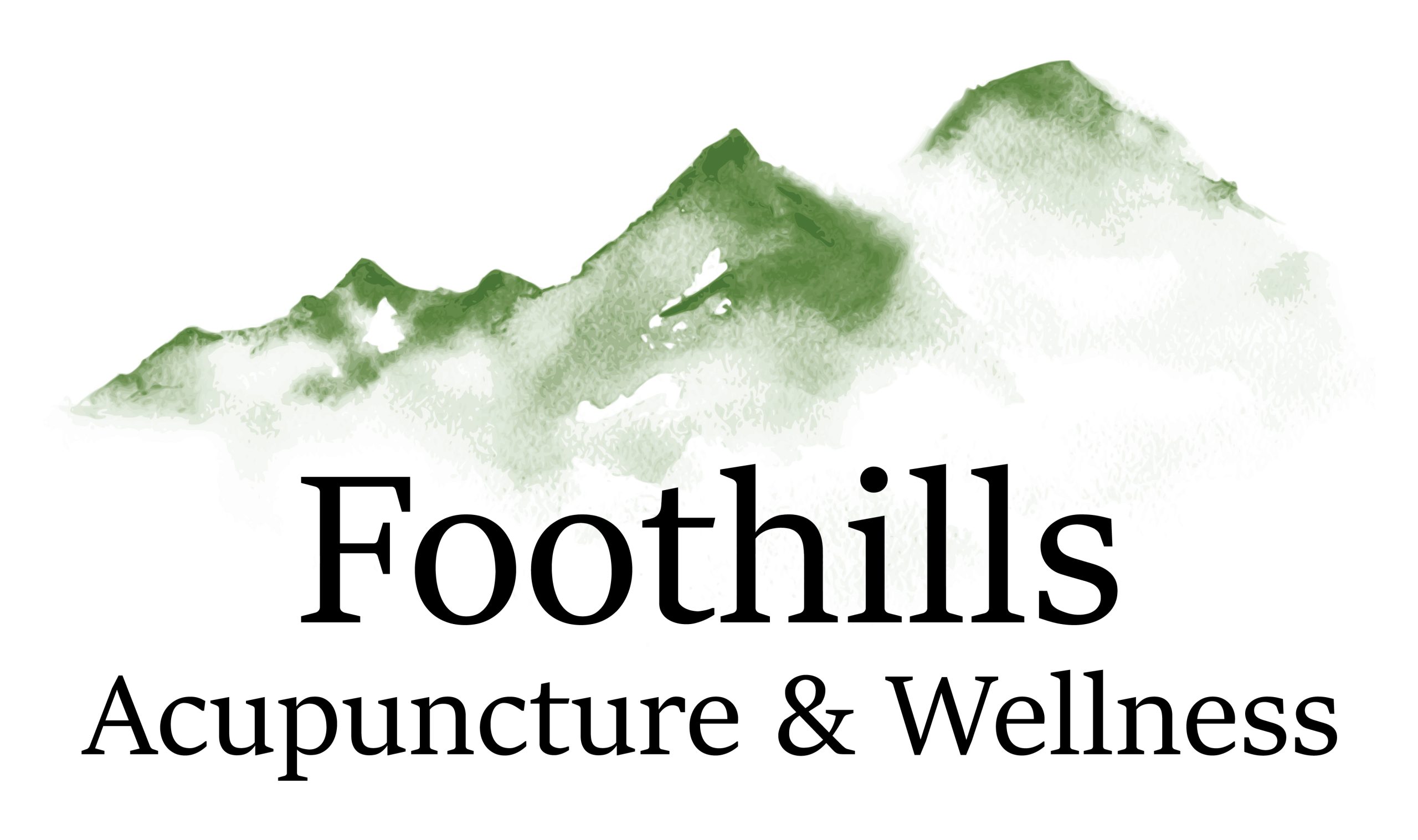What is biofeedback?
Biofeedback is a training technique in which individuals are taught to improve their health by using information from their bodies. It is scientifically based and validated by years of studies and clinical practice.
Precise instruments measure physiological activity such as heart rate, muscle tension, finger temperature, respiration, pCO2, and sweat gland activity. These instruments then “feedback” real-time signals to the user. This feedback becomes the basis for the individual to learn self-regulation skills and the ability to change their body’s physiology.
Biofeedback is a very empowering type of treatment, as individuals initiate changes in their bodies to create healing.

Why is biofeedback – assisted relaxation training necessary?
Many people have forgotten what it feels like to relax, to feel rested, or be at ease. When under constant stress the body readjusts to a permanently higher level of tension so that after a while it feels normal. Other people can relax but it takes them an abnormal amount of time to do so. Some people can relax only by going to sleep. They have forgotten that it is possible to be mentally alert and physically relaxed at the same time. With the aid of biofeedback technology, a person can learn once again to listen to his or her body; to be aware of rising levels of tension and to relax voluntarily when appropriate.
There are many benefits of learning these physical self-regulation strategies. One benefit that many people report is increased energy, because energy is no longer being wasted on maladaptive tension. People may also notice increased alertness and improved efficiency and productivity because of less time spent ‘spinning one’s wheels’. Others may notice improvement in their physical appearance and overall health. The body has a great capacity to heal itself and return itself to normal function under conditions of deep relaxation.
What conditions are commonly helped with biofeedback?
- Anxiety
- Panic
- Respiratory Problems
- Stress Management Issues
- Migraines
- Headaches
- TMJ/Jaw Pain
- Insomnia
- Chronic Pain
- Hypertension
- IBS
- Raynaud’s
- Other Stress Related Disorders
What is an initial biofeedback session like?
The initial biofeedback session lasts 60 minutes and involves a detailed health history and discussion of the client’s symptoms. A noninvasive assessment is conducted which provides a baseline of how the client responds to stress. The client and therapist work to establish treatment goals.
What are subsequent biofeedback sessions like?
Individual biofeedback sessions are tailored to the individual’s goals. Generally speaking, however, almost all biofeedback training sessions will involve a review of skills and the teaching and practice of new self-regulation skills. Typically, the client is asked to practice these skills at home several times during the week.
How many biofeedback sessions will I need?
The number of biofeedback sessions necessary depends on an individual’s needs and condition, as well as how much he or she practices the skills at home. Typically biofeedback training ranges from 4-12 sessions, most commonly 6-8 sessions. The client ultimately decides how long the treatment lasts.
How long will the effects of biofeedback training last?
A great benefit of biofeedback training is that skills learned through the process will last a lifetime. Individuals are able to utilize their biofeedback skills to continue self regulation forever!
Is biofeedback covered by insurance?
Insurance may or may not cover biofeedback training. Contact your insurance provider directly with questions regarding coverage. Superbills to submit for deductible and health plan reimbursement are available.


